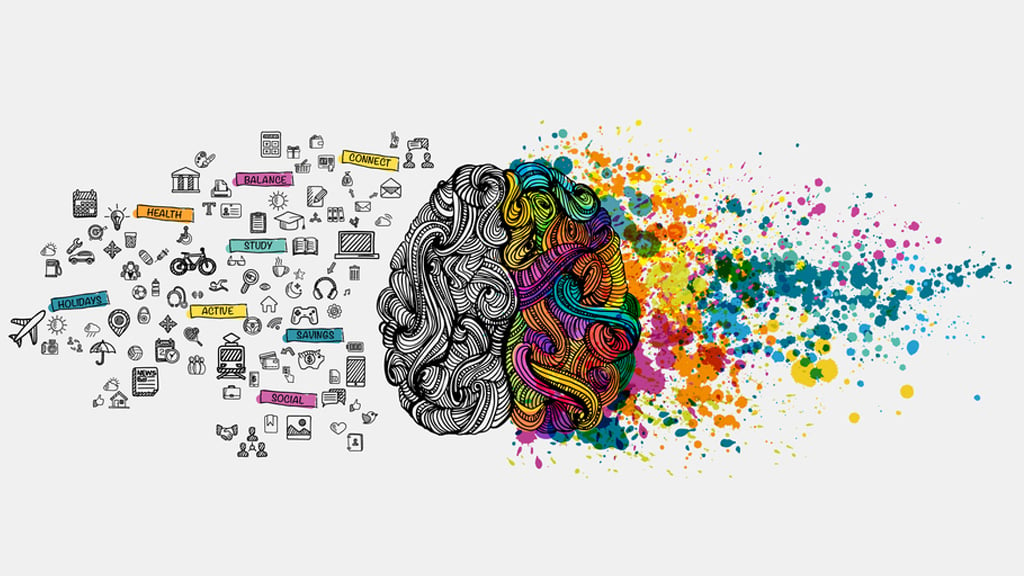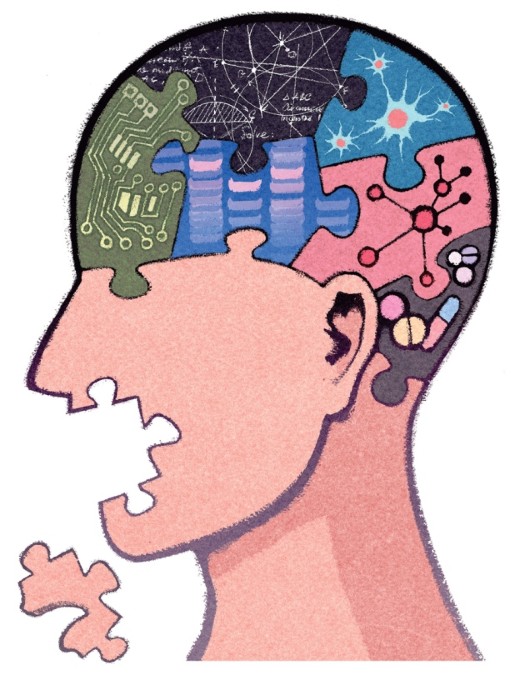Comprehensive Inpatient Mental Wellness Services for Effective Therapy
Inpatient mental wellness services represent an important component of the health care system, giving a extensive and structured atmosphere for people experiencing serious emotional distress. These services utilize a multidisciplinary strategy, integrating different evidence-based treatments to address the complicated demands of clients. The performance of such extensive care prolongs past prompt stablizing; it additionally encompasses the transition to outpatient assistance, a critical stage commonly forgot - mental health services. Checking out the subtleties of this continuum reveals considerable ramifications for both private healing and wider psychological health and wellness results. What variables genuinely affect this shift, and just how can we enhance its efficiency?
Recognizing Inpatient Mental Health And Wellness Solutions
Inpatient mental wellness solutions offer vital support for people experiencing severe emotional distress that can not be handled efficiently in an outpatient setting. These solutions are designed to supply an extensive degree of care in an organized atmosphere, frequently within a medical facility or specialized center. Individuals admitted to inpatient programs commonly show intense symptoms, such as self-destructive ideation, severe clinical depression, or psychosis, requiring continuous tracking and treatment.
The admission process generally involves a thorough evaluation by psychological health specialists, that evaluate the individual's frame of mind, history, and prompt needs. When admitted, individuals participate in a selection of restorative modalities customized to their specific demands, including medicine monitoring, individual treatment, and group sessions. This all natural approach aims to maintain the patient's condition, advertise security, and foster coping abilities.
Inpatient psychological health services not only address prompt wellness concerns however additionally work as a bridge to continuous treatment. By giving a regulated environment, these services help with the advancement of therapy strategies that can be proceeded in outpatient setups, thus making sure a continuum of treatment and enhancing lasting end results for people with complicated mental health and wellness requirements.
Secret Elements of Effective Therapy
Effective therapy in inpatient psychological wellness solutions consists of numerous vital components that foster recovery and stabilization. First and foremost, an extensive assessment is vital to determine the person's certain requirements and difficulties. This evaluation notifies the development of a tailored therapy strategy, which serves as a roadmap for intervention.
An additional essential part is the multidisciplinary group method. Collaboration amongst psychoanalysts, psycho therapists, nurses, and social employees makes certain that different perspectives contribute to the client's treatment, boosting the efficiency of treatment. Evidence-based healing techniques, such as cognitive-behavioral therapy (CBT) and dialectical actions therapy (DBT), are also indispensable, supplying structured strategies that deal with maladaptive thought patterns and behavior issues.

Last but not least, a focus on aftercare planning is critical to make sure a seamless change to outpatient solutions, minimizing the threat of relapse and advertising long-lasting wellness. These cumulative elements develop an efficient treatment structure within inpatient mental wellness services.
Advantages of Comprehensive Care

Detailed treatment in inpatient mental health and wellness solutions offers various advantages that significantly enhance individual end results. Among the primary advantages is the alternative strategy to therapy, addressing not only the mental signs and symptoms yet also the physical, social, and emotional requirements of individuals. This thorough assessment enables tailored interventions that promote total health.
An additional benefit is the assimilation of multidisciplinary teams, which fosters partnership among health care experts. This collective setting makes certain that people obtain worked with treatment, lowering the threat of fragmented therapy and boosting interaction amongst caregivers. Extensive care facilitates connection of solutions, enabling for seamless transitions from inpatient to outpatient setups, which is vital for long-lasting recovery.

Lastly, the structured environment of comprehensive inpatient treatment gives webpage a secure room for individuals to involve in restorative activities, helping them develop dealing methods and durability. Collectively, these benefits add to extra reliable therapy and enhanced quality of life for individuals experiencing psychological health and wellness dilemmas.
Evidence-Based Therapeutic Approaches
In the world visit this web-site of mental health therapy, evidence-based restorative methods play an essential role in making certain that individuals get effective and medically supported interventions. These strategies integrate the best readily available research study with clinical expertise and individual values, fostering a customized treatment experience that resolves private demands.
Cognitive Behavior Therapy (CBT) is among one of the most widely acknowledged evidence-based approaches, concentrating on determining and transforming negative thought patterns and habits. This organized method has actually shown efficacy in treating problems such as ptsd, anxiety, and anxiety. Dialectical Habits Therapy (DBT) is especially efficient for individuals with borderline personality problem, highlighting the development of emotional regulation and interpersonal efficiency abilities.
Furthermore, medicine administration is commonly an indispensable part of evidence-based therapy, as psychotropic medicines can ease signs and enhance general functioning. Collaborative treatment versions, which include multidisciplinary teams, further enhance the efficacy of inpatient solutions by making certain thorough analyses and constant tracking.
Ultimately, the assimilation of evidence-based healing techniques not only advertises favorable medical outcomes yet likewise empowers patients, cultivating a sense of agency and strength in their mental health trips.
Transitioning to Outpatient Support
The change from inpatient mental health solutions to outpatient support marks anonymous an essential phase in a patient's healing trip. This period needs careful preparation and coordination to make certain continuity of treatment and to reduce the risks of relapse or situation. Efficient discharge preparation ought to start early in the inpatient remain, entailing a multidisciplinary team that consists of psychiatrists, psycho therapists, nurses, and social workers.
Crucial element of an effective transition consist of the development of a detailed aftercare plan tailored to the person's specific requirements. This strategy ought to detail follow-up appointments, medicine monitoring, and therapeutic treatments, along with identify neighborhood sources and support groups that can promote ongoing healing.
In addition, patient and household education and learning is vital during this stage. Recognizing the indicators of potential obstacles and the relevance of sticking to treatment can empower individuals and their support group.
Normal follow-up and reassessment of the outpatient plan are vital to resolve advancing challenges. By fostering a collective connection in between outpatient and inpatient companies, the probability of continual recuperation rises, inevitably boosting the patient's quality of life and decreasing the danger of readmission.

Conclusion
In recap, comprehensive inpatient mental wellness services use an important structure for resolving severe mental distress via a multidisciplinary approach. By integrating evidence-based therapies, promoting an organized environment, and promoting household participation, these solutions boost treatment effectiveness. The emphasis on stability and the growth of dealing abilities not only aids in immediate healing however additionally promotes a smoother transition to outpatient care. Eventually, such detailed treatment is essential for lasting psychological wellness and well-being.
The admission procedure normally entails a thorough analysis by mental health experts, that examine the individual's mental state, background, and prompt requirements.Efficient treatment in inpatient psychological health and wellness services comprises numerous vital elements that cultivate recovery and stabilization.Extensive treatment in inpatient psychological health and wellness services supplies countless advantages that dramatically boost client outcomes.The change from inpatient psychological health solutions to outpatient support marks a critical stage in a client's recovery trip.In summary, thorough inpatient mental health solutions offer a crucial structure for dealing with extreme mental distress via a multidisciplinary technique.